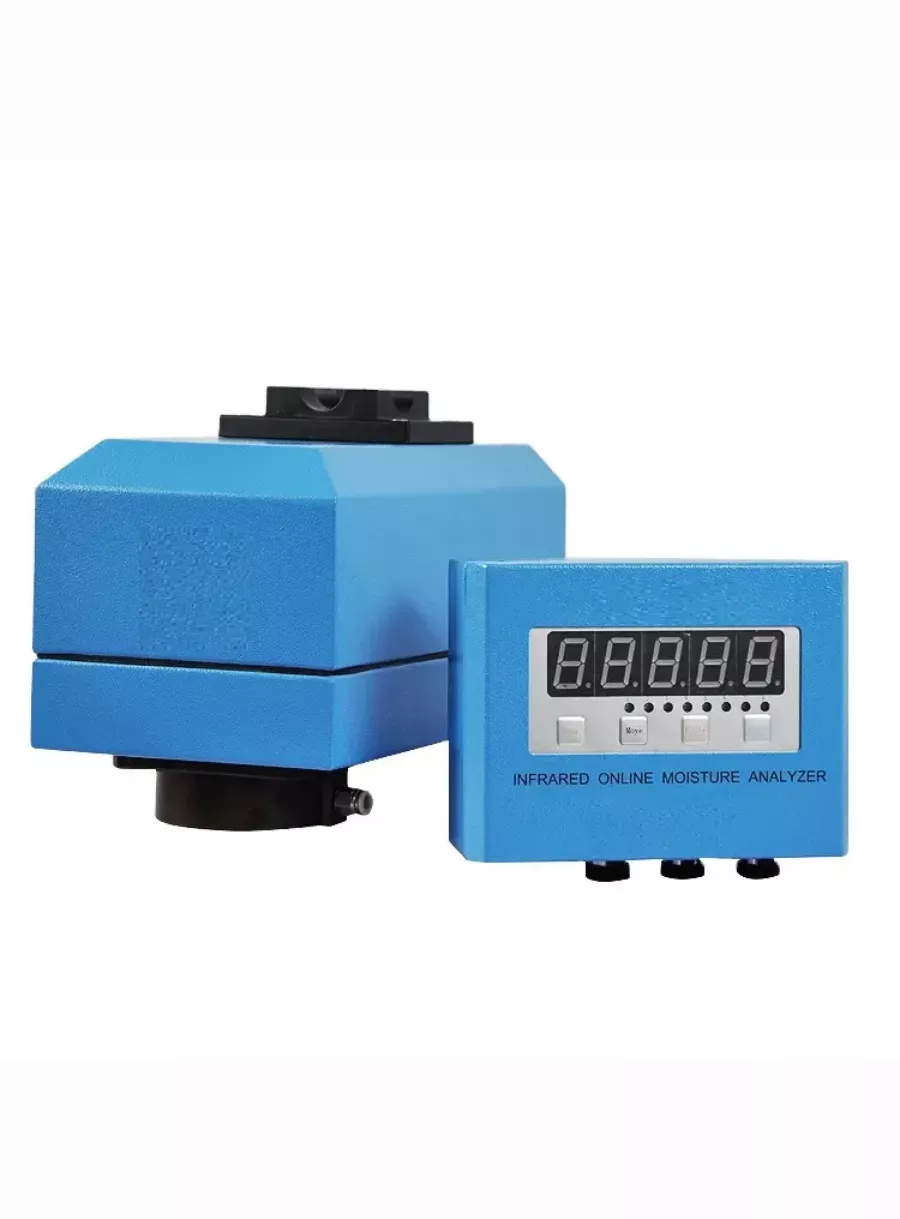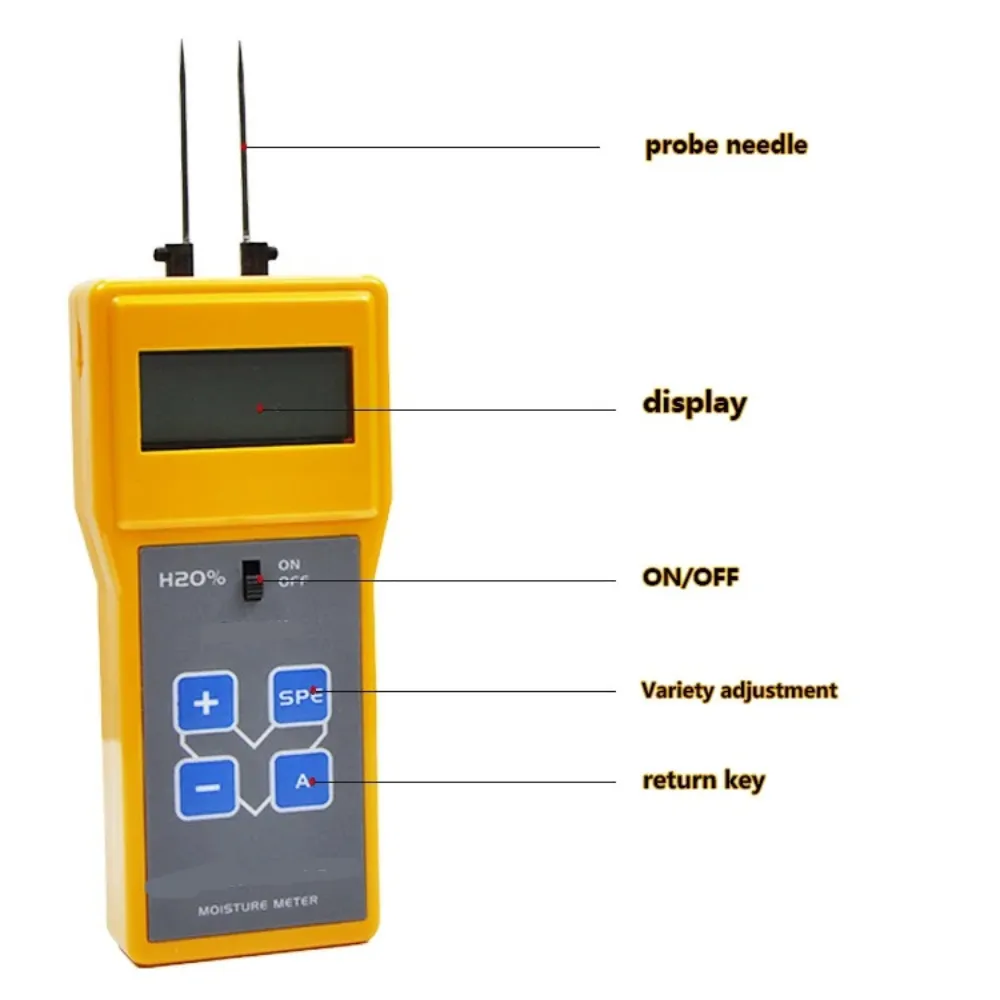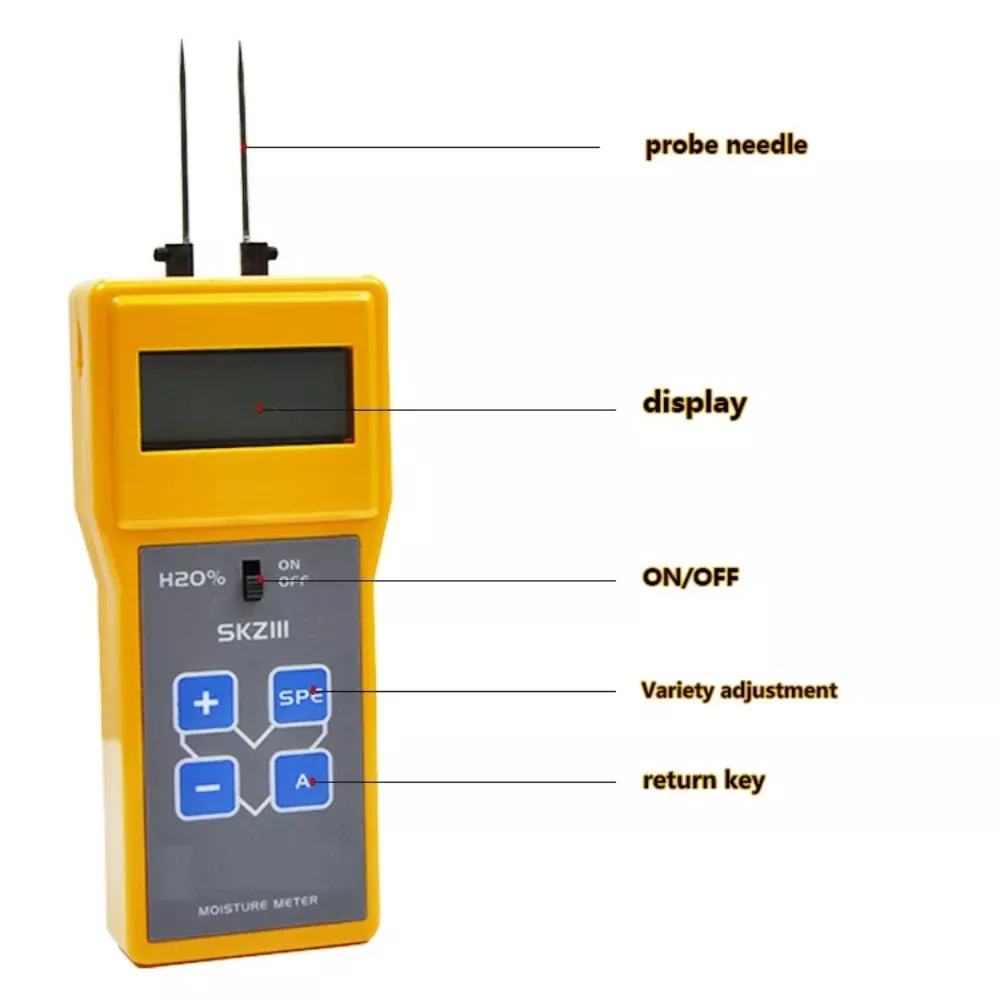
Advantages and Disadvantages of Moisture Measurement In Dehydrated Food
Table of Contents
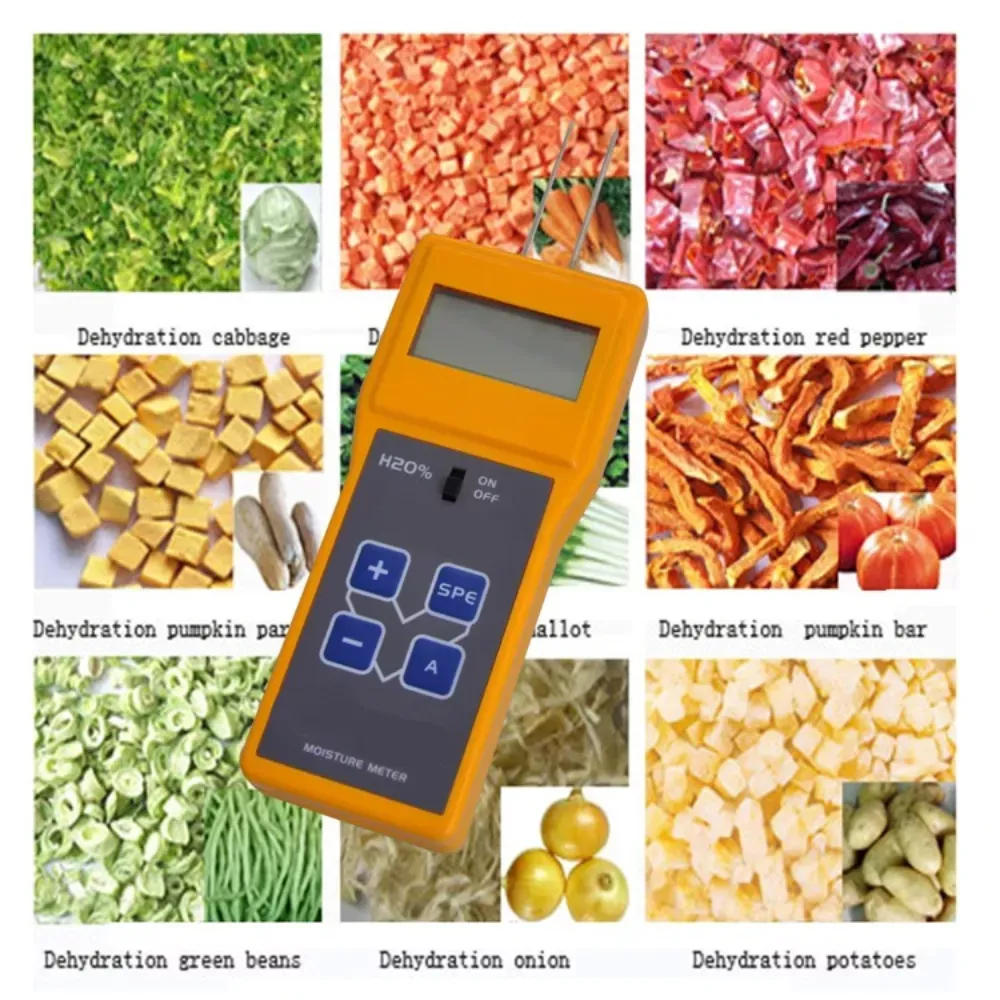
Despite their advantages, moisture meters also come with certain disadvantages. One significant drawback is the cost associated with acquiring high-quality devices, which can be more expensive compared to simpler methods of moisture assessment. Moreover, moisture meters often require a certain level of skill and understanding from the operator. Incorrect usage can lead to inaccurate results, which could compromise the quality of the dehydrated food if not properly calibrated and operated. Furthermore, while moisture meters can provide valuable insights, they may not always be necessary for every situation. For instance, individuals who only dehydrate food occasionally may find it more practical to rely on visual inspection or basic testing methods rather than investing in specialized equipment.
The dew point method, particularly utilizing chilled mirror technology, is widely recognized for its accuracy in measuring moisture content in gaseous media. In this approach, a gas flows across a chilled mirror, causing moisture to condense at the dew point temperature. The precise measurement requires recording both condensation and evaporation temperatures, as the dew point is defined as the equilibrium temperature at which condensation and evaporation occur at equal rates. Additionally, moisture analysis encompasses various methods suited for solids, liquids, or gases, making it a crucial component in industries like food production and pharmaceuticals. Accurate moisture content measurements are essential, especially in processes involving sensitive materials, such as plastics and pharmaceuticals.
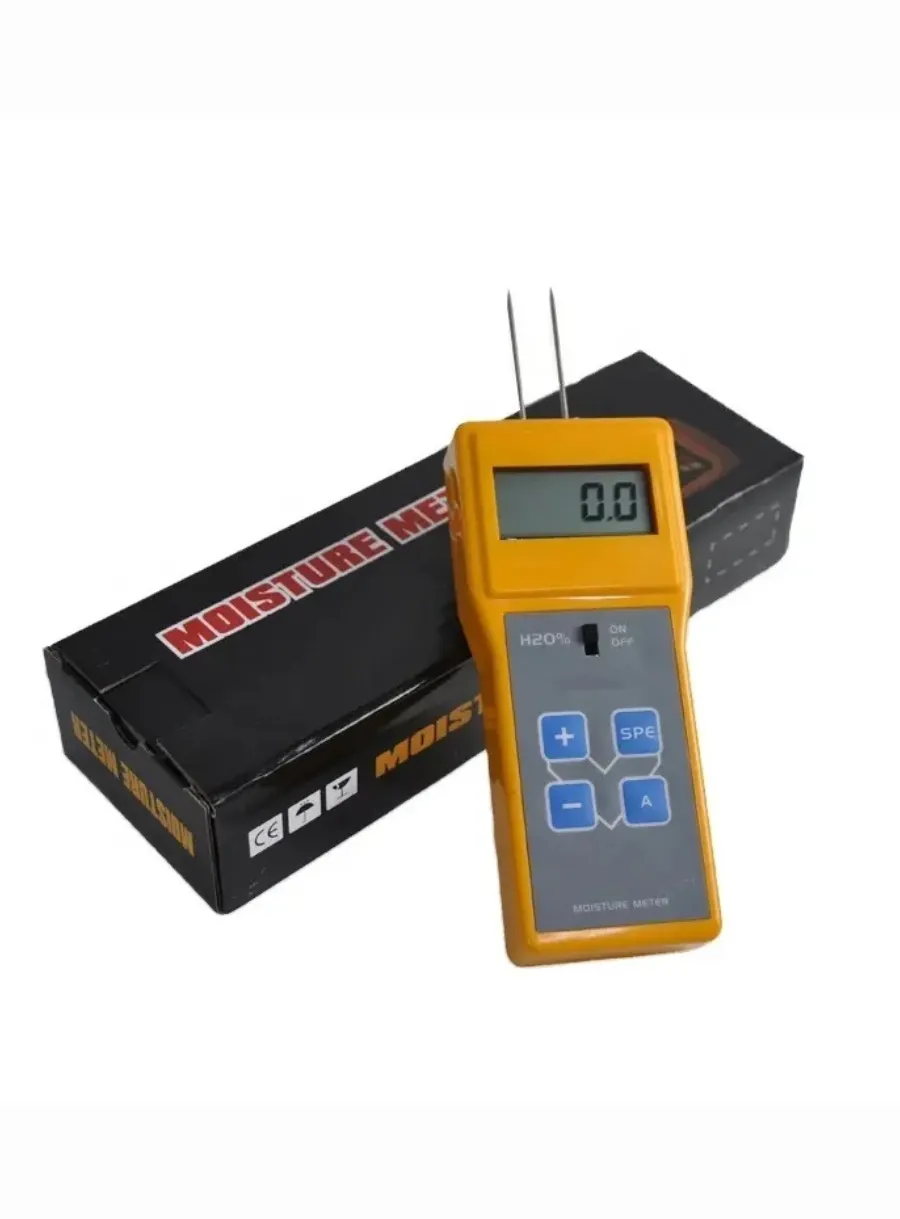
Comments
Tags
Frequently Asked Question
The main advantages include accurate moisture level assessment, prevention of spoilage and mold growth, ensuring food quality and safety, and facilitating informed decision-making in food preservation.
Moisture meters help evaluate the moisture content of lightweight, portable dehydrated foods, ensuring they are adequately dried and suitable for consumption without risk of degradation during outdoor activities.
The main disadvantages include the high cost of quality devices, the need for skilled operation and proper calibration, and potential unnecessary investment for occasional use.
No, moisture meters may not be necessary for every situation. Individuals who dehydrate food occasionally may find visual inspection or basic testing methods more practical than investing in specialized equipment.

